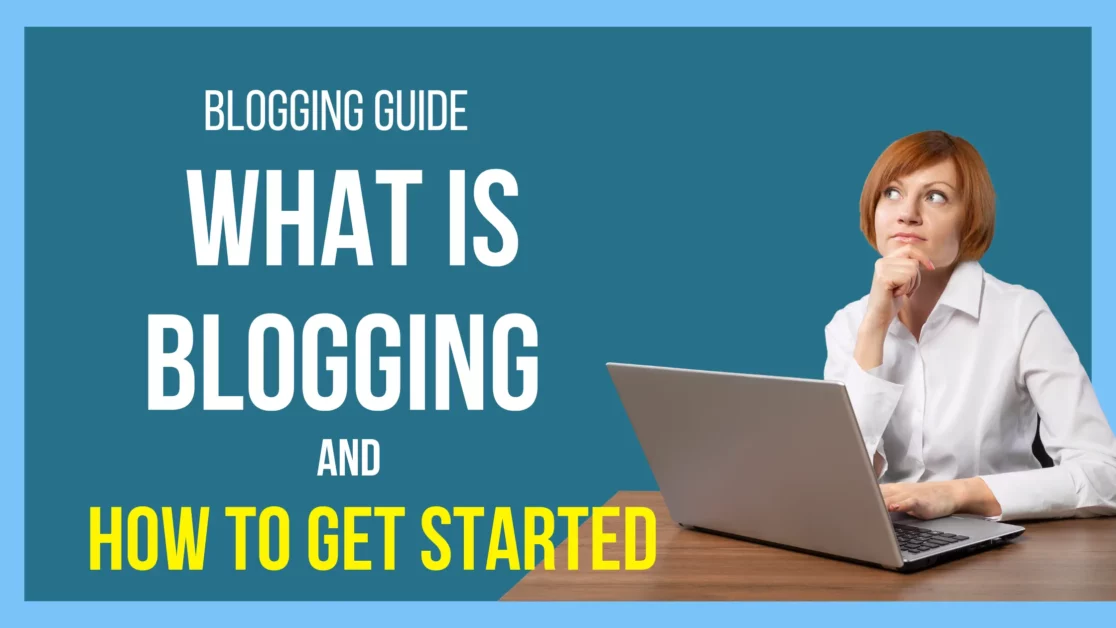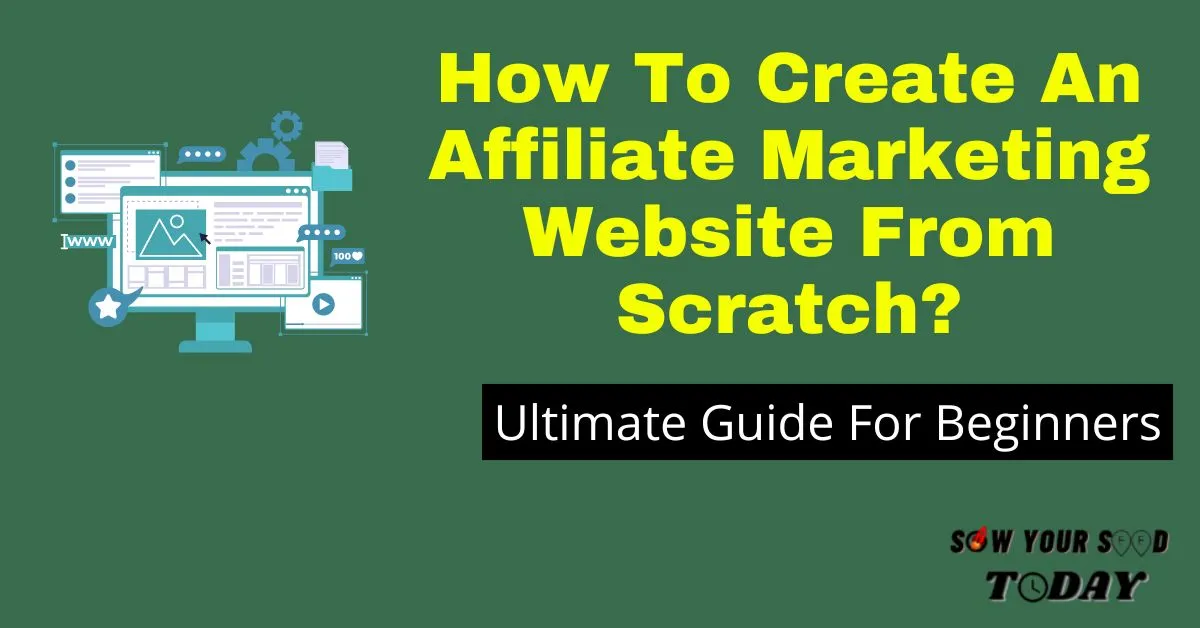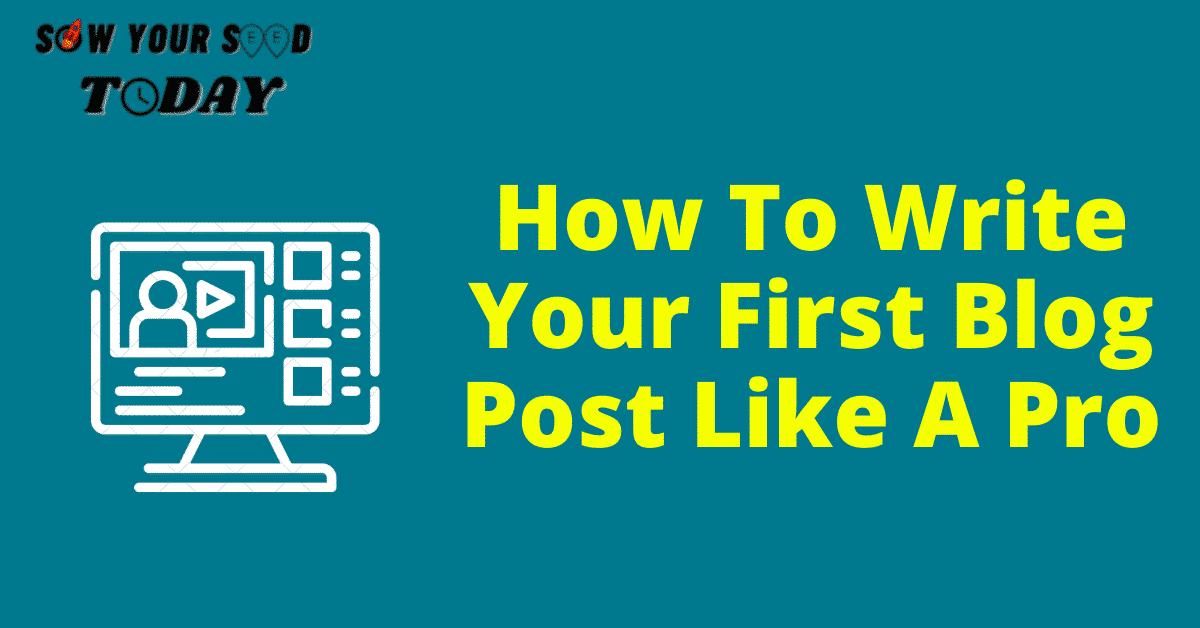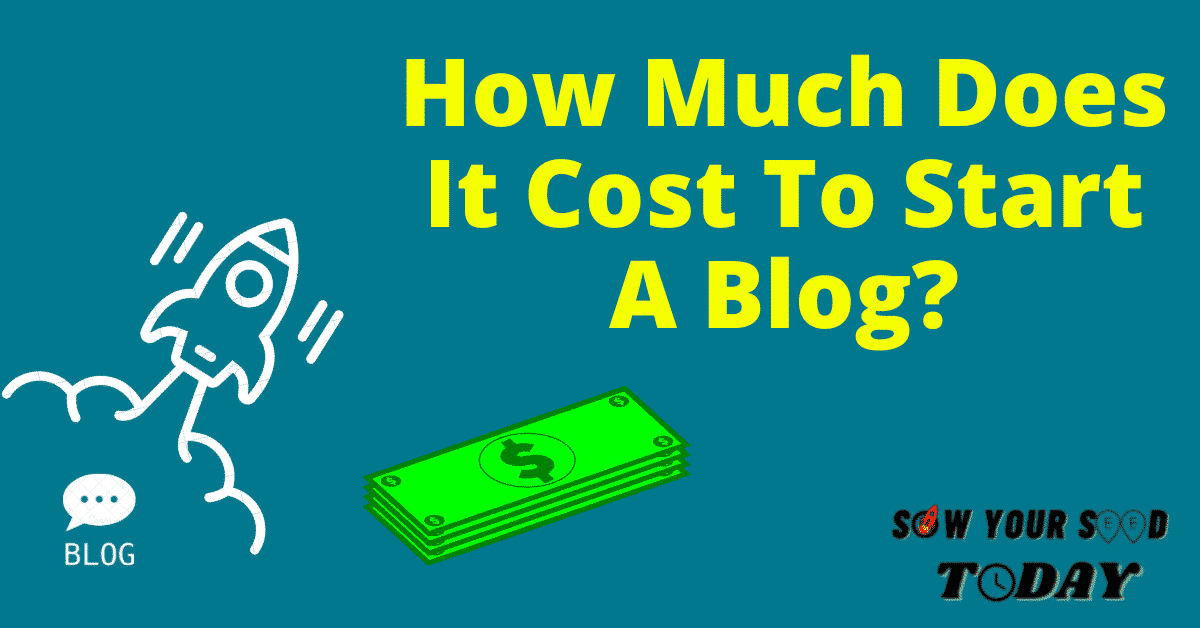So, you don’t know what blogging is? How does it work? And the benefits it offers to people like you?
Well,…
One thing is sure! With thousands of millions of blog on the internet, you already encountered one blog. Not to say you are even on one right now.
In this article I will answer all your burning questions regarding blogging.
Maybe right now your question is not about what is a blog but how to start your own blog.
Don’t worry! I will cover everything – starting to what is it to how to get started.
Without further ado, let’s dive in to find out what is a blog.
Table of Contents
What is Blogging?
Blogging is a way of sharing information, ideas, opinions, or experiences online through a website or platform known as a blog. It’s like keeping a digital journal or diary where people write about various topics that interest them, such as travel, food, technology, or personal stories.
And many people and businesses create a blog to share their ideas and expertise as well as boost their online presence.
It is an online tool you can use to market or promote your own products or services or other people products for a commission (known as affiliate marketing).
Practically speaking, imagine a blog as your own space on the internet where you regularly write articles or posts, share pictures, videos, or even podcasts about things you’re passionate about. It allows you to communicate with an audience who enjoys what you have to say, sparking discussions, sharing knowledge, and creating a community around your content.
And yes there are many reasons individual create a blog that include making money online working from the comfort of their home.
But is a blog different than a website?
Yes! Let’s find it out in the next section.
What is the difference between a blog and a website?

A blog is a type of website but they are not the same.
A blog is a type of website that is updated regularly with new content, which is displayed in reverse chronological order (new blog posts first).
On the other hand, a website is a more generalized online presence that can showcase any kind of content.
Websites can present their content in whatever way.
A blog is a website but a website is not a blog.
To make it simple for you to understand, think of a website as a house and a blog as one of the rooms inside that house.
A website is like the entire structure – it can have many rooms (like different sections or pages) that serve different purposes. For example, a company’s website might have sections for home, about us, services, and contact.
Now, a blog is like one of those rooms within the website/house.
It’s a specific space dedicated to regularly sharing content, like articles, stories, updates, or information on specific topics.
For instance, within a company’s website, there could be a blog section where they regularly post articles about industry news, tips, or success stories.
In simple terms, while a website is the whole place with various sections, a blog is a specific part of that website dedicated to ongoing content, discussions, and sharing of information.
Confused?
You shouldn’t.
The key difference lies in these points:
- Content Frequency: Blogs are regularly updated with new content. Websites, on the other hand are not meant for creating new or fresh content. Content is static.
- Content Organization: Blogs content is displayed in reverse chronological order (new blog posts first). On the other, website content can be displayed in any way.
- Readership & Engagement: Blogs often create a connection and engagement (share, comments,…) with your readers. Websites, on the other hand, to do not offer a way for engagement.
- SEO Performance : With a blog, you can cover a whole array of content and create quality content that helps you stay relevant to search engine and then rank better for the queries you’re targeting. On the other hand, websites are static and don’t have enough content or topics that can be ranked higher on search engines like Google.
So blogs get more visibility and traffic on search engines compared to websites.
How does blogging works?
First off, blogging is about building a audience with the purpose of promoting products or services to that audience.
So everything turn around content creation and content marketing.
That said,…
Blogging works by providing a platform for individuals or businesses to regularly publish content online.
It typically involves these key steps:
- Creating Content: Writers or bloggers produce articles, or blog posts on various topics that have the potential to driving their audience to their blogs.
- Publishing Content: This content is uploaded, optimized for SEO and published (even updated) on a blogging platform like WordPress, making it accessible to readers on the internet.
- Attracting and Engaging audience: SEO-friendly content published on the blogs can be found by internet users who are looking for information and solutions on the internet during their researches. They can access the content, read the articles, and often interact by leaving comments, sharing posts, or engaging with the blogger.
- Monetizing your audience: This is the exciting part of blogging. Bloggers you intend to monetize their blogs can make money by offering advertisements, affiliate offers, sponsored content, or selling their own products/services like ebooks, online courses, coaching, etc.
In short, blogging works as a way for individuals or businesses to share information, connect with an audience, and potentially generate income by regularly creating and publishing content online.
Why do you need a blog as an individual or business owner ?
A blog is an asset. It is an online real estate.
In fact, just as real estate properties can increase in value over time, a blog’s value grows with the accumulation of quality content, a loyal readership, and improved search engine rankings. Valuable, evergreen content continues to attract visitors long after it’s published, contributing to the blog’s worth.
That said,…
Having a blog is an invaluable asset for both individuals and business owners for several compelling reasons:
- Establishing Authority and Credibility: By consistently sharing valuable, well-researched content in your area of expertise, you position yourself or your business as an authority in the field. This builds trust and credibility among your audience, which is crucial for gaining their confidence and loyalty.
- Increasing Website Traffic: High-quality and SEO-optimized blog content can attract organic traffic from search engines, helping your website rank higher in search results. According to HubSpot, businesses that blog experience, on average, 55% more website visitors than those that don’t.
- Engaging with Your Audience: A blog gives you a the opportunity to have a two-way communication plateforme with your audience. In fact, engaging content encourages readers to interact through comments, sharing your content on, social media platform like Facebook, fostering a sense of community around your brand or expertise.
- Boosting Conversion Rates: Research by Demand Metric shows that content marketing (including blogging) generates approximately 3 times as many leads as traditional outbound marketing, and it costs 62% less.
- Engaging blog content can lead to increased conversions as visitors are more likely to become customers when they find valuable information or solutions to their queries.
- Supporting Brand Awareness and Growth: Regularly sharing insights, expertise, success stories, or relevant industry news through a blog helps in building brand awareness. It keeps your brand visible, encourages repeat visits, and amplifies your reach through social shares and referrals.
- Monetization Opportunities: For business owners or individuals who want to make money blogging, blogs can serve as a platform for additional revenue streams – whether through advertisements, affiliate marketing, sponsored content, or promoting your own products/services.
- Adaptability and Longevity: Blog content has a longer lifespan compared to social media posts. It remains accessible and discoverable over time, continuously attracting new readers and providing long-term value.
In short, whether you’re an individual seeking to share expertise or a business aiming to enhance its online presence and revenue streams, a blog is an indispensable tool that can significantly contribute to establishing authority, fostering engagement, driving traffic, and ultimately, achieving your financial goals.
What do you need to start blogging?

Starting a blog is easy and straightforward.
The best part, the start up cost is relatively low compared to starting a brick and mortar or traditional business.
You can find out how much does it costs to start a blog.
To start blogging, you’ll need:
- Domain Name: Select and register a domain name that reflects your blog’s identity.
- Hosting Service: In order to create a professional blog you will need a self-hosted platform like WordPress.org. That requires having a hosting service to store your blog’s files and make it accessible 24/7 to your audience on the internet.
- A niche and content strategy: Plan the topics and types of content you want to create for your audience.
- SEO Knowledge: Understand basic Search Engine Optimization (SEO) practices to improve your blog’s visibility on search engines.
- Promotion Strategy: Consider how you’ll promote your blog, such as through social media, email marketing, or networking with other bloggers.
- Patience and Perseverance: Building a successful blog takes time. So, patience and consistency are crucial.
How can you make money blogging?

I think I already covered a bit this subject in one of the previous sections of this guide on what is a blog.
But let me show you how you can really turn your passion into passive income with blogging.
As I said previously, blogging is a cost effective way and an effective marketing tool you can use to make money online and from the comfort of your home.
And here are practical ways individuals can make money through blogging:
- Advertising: Displaying ads on your blog through platforms like Google AdSense or direct ad sales. You earn money based on clicks (Pay-Per-Click) or impressions (Pay-Per-Impression) generated by these ads.
- Affiliate Marketing: Promoting products or services through affiliate links. When your audience purchases items through these links, you receive a commission. Platforms like Amazon Associates or ShareASale facilitate this.
- Sponsored Content: Collaborating with brands to create content that promotes their products/services. Companies pay for sponsored blog posts, reviews, or mentions to reach your audience.
- Selling Digital Products: Creating and selling your digital products like eBooks, online courses, templates, guides, or software. When you gain more experience and expertise in your field, you can create products or services to cater your audience’s needs.
- Freelancing or Consulting: Showcasing your expertise on your blog can attract clients interested in hiring you for freelance work or consulting services in your niche.
- Selling Ad Space Directly: Once your blog gains significant traffic and authority, you can sell advertising space directly to businesses or brands seeking exposure to your audience.
It’s important to note that making money through blogging takes time, effort, and strategic planning. Success often comes from a combination of these monetization methods tailored to your niche, audience, and the value you provide through your content.
Time to get started

I you found this guide on what is blogging.
From now, you know what a blog is, how does it work, and its benefits.
Now it is time to get started.
To get started, try this platform that offers a free 30 days trial.
Have a question? Drop it in the comment section below and I will get back to you ASAP.
How To Build An Affiliate Marketing Website From Scratch In 2024 (Ultimate Guide For Beginners)
Affiliate marketing is one of the most lucrative ways to make an extra and passive…
What is Blogging: How Does It Works And Why You need One?
So, you don’t know what blogging is? How does it work? And the benefits it…
Top Best Affiliate Programs For New Bloggers With High Paying Commissions
Do you have your own website or blog and now looking for affiliate programs to…
How to write a blog post when you don’t feel like you are qualified to help people online? [Free Guide]
Welcome to my website. If you are on this page chances are you are a…
5 years old website sold for over 30 million dollars – lessons to learn
A website sold for million dollars? Yes! A website is an asset. It is digital…
How Much Does It Cost To Start A Blog In 2025 – [Self-hosted WordPress website]
Wondering how much does it cost to start a blog in 2025? Or how much…







